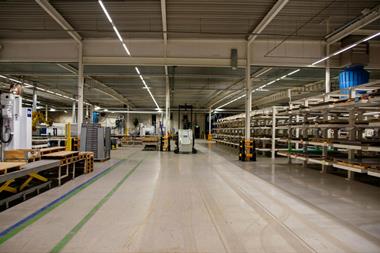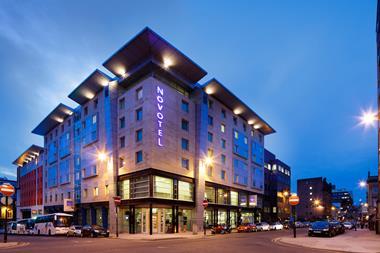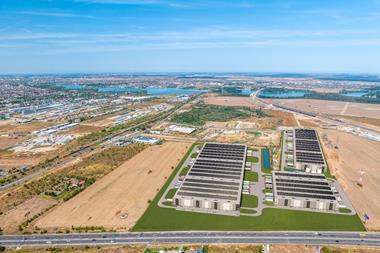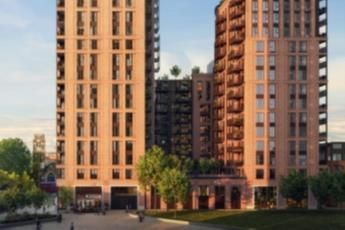GERMANY - A shortage of core properties in the German office market is driving investors up the risk curve toward secondary locations and short-lease assets, according to Colliers.
Andreas Trumpp, Colliers' head of research for Germany, said a lack of core assets in major cities had coincided with "gearing up" in the office market, with the result that investors were increasingly willing to take greater risks on location or asset characteristics.
"Some investors are trying to take a chance and expanded their demand profile on properties outside the top locations, on short or terminating lease contracts, or on tenants and vacancies," he said.
His comments follow the publication of a Q2 report reaffirming the firm's forecast that transaction volumes will total €20bn this year.
The first half saw transactions worth €11bn, 38% of them involving investors from outside the market.
In the leasing market, an overall decline in vacancy rates to 9.7% correlated with an upward trend in prime rents, led by Berlin.
Frankfurt recorded the highest rents, but saw no change over the previous quarter. The report's authors attributed the rental increase to positive macro trends encouraging leasing activity in central locations.
Yet retail led all other asset classes, with investors ploughing in €5.9bn into retail, compared with €2.9bn into commercial.
The report said: "On the whole, the investment market is being buoyed by excellent overall economic trends, positive development on the office leasing market in particular, and a lack of investment alternatives."
In contrast to Q1, which saw investors move outside traditional real estate centres, Q2 saw them return to Hamburg and Frankfurt, Germany's top two investment markets.
Prime yield values remained unchanged except to these cities, with 4.7% and 5.2%, respectively.
"The concentration on Hamburg and Frankfurt in the second quarter was remarkably, but is not unusual," said Trumpp, pointing out that much of the volumes recorded in the first quarter had been the result of a few large-volume transactions, including the sale of the Metro portfolio and the Centro shopping centre in Oberhausen.
In a report on the German hotel market published this week, Colliers noted continued "brisk" activity, especially in the mid-market.
At the half-year mark, transaction volumes had risen 82% from the first quarter to €582bn, with activity dominated by a small group of specialist private investors.












